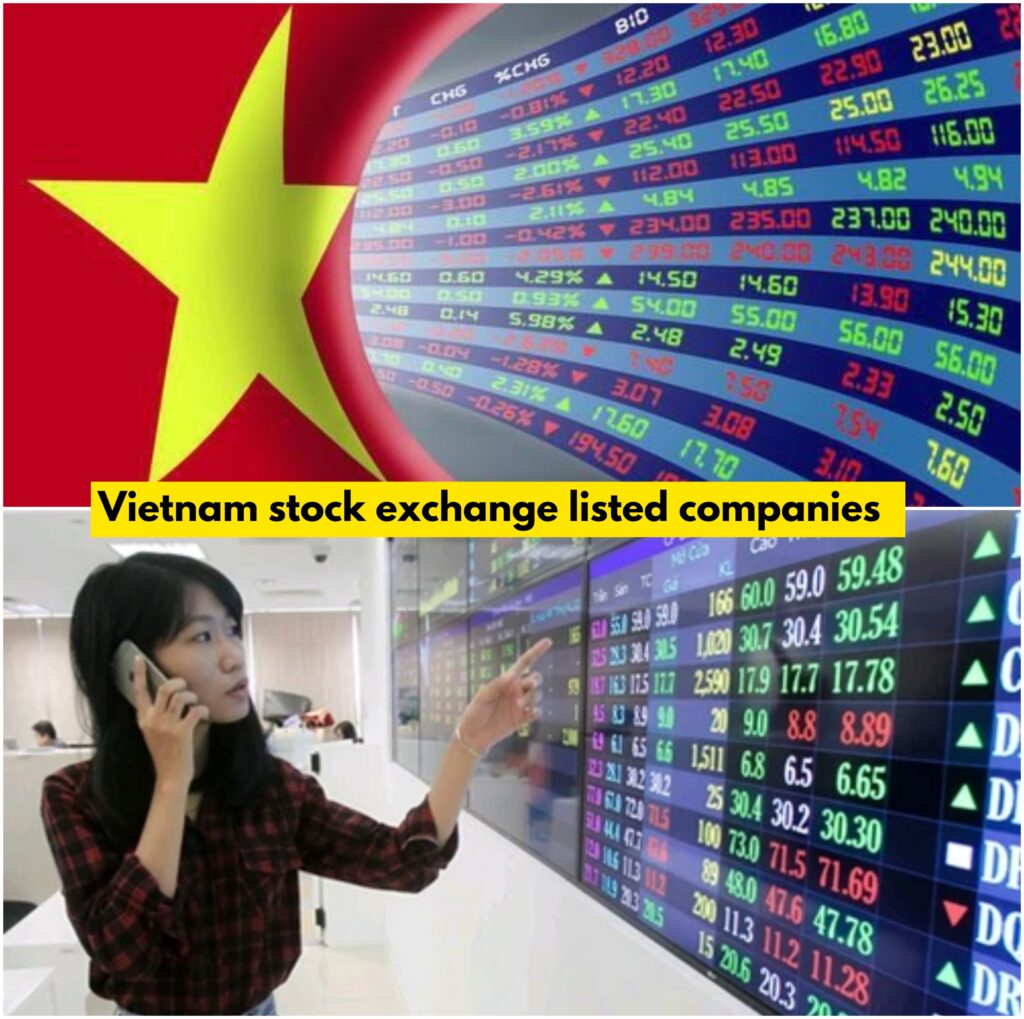Vietnam’s expanding economy and attractive investment environment make it a potentially profitable place to invest in Vietnam stock market.
This is a step by step instruction on invest in Vietnamese stock market.

How to Invest in Vietnam Stock Market?
Understand the Vietnam Stock Market: The two main stock exchanges are,
- Ho Chi Minh Stock Exchange (HOSE): Focuses on larger-cap firms.
- Hanoi Stock Exchange (HNX): Includes bonds and smaller-cap firms.
VN-Index: This benchmark index, which tracks the performance of major companies listed on HOSE, is used to evaluate the Vietnam stock market.
Check Investment Eligibility
The Vietnam stock market is open to foreign investors. Still, certain businesses can have limitations on the amount of foreign ownership.
Make sure you fulfill all legal requirements for foreign investments in Vietnam stock exchange and your home country.
Open a Trading Account
1. Find a Broker
Select a brokerage firm that serves international investors in Vietnam.
Several reputable firms are,
- SSI Securities Corporation (SSI)
- VNDirect
- HSC (Ho Chi Minh City Securities Corporation)
2. Required Documents:
You will typically need,
- A valid passport
- A Foreign Investor Trading Code (issued by Vietnam Securities Depository)
- Bank account details in Vietnam
Some brokers help with opening a local bank account and getting the trade code.
Deposit Funds
Put money into the bank account that is connected to your brokerage account and is located in Vietnam.
Pay attention to exchange rates and related costs like to invest in Vietnam dong.
Understand the Market
Analyze Vietnam’s economic situation, industry trends, and Vietnam stock exchange listed companies performance.
Resources to monitor Vietnam stock market,
- Financial news platforms
- Broker reports and market analysis
- The official websites of HOSE and HNX
Start Trading
To purchase and sell stocks, use your brokerage platform.
For diversified exposure, you can trade individual companies or think about Exchange-Traded Funds (ETFs), such as the VanEck Vietnam ETF.
Monitor Your Investments
Examine the performance of your portfolio on a regular basis.
Keep up with market news, currency movements, and Vietnam’s economic policies as they may impact the value of your investments.
Understand Taxation
Regardless of profit or loss, stock sales in Vietnam are subject to a 0.1% tax.
Vietnamese stock dividends could potentially be subject to taxes.
To prevent double taxation, review the tax agreements between Vietnam and the country of residence.
Tips for Success
Start small: You should start with a little investment if you are new to invest in Vietnam stock market.
Seek professional advice: Speak with financial experts who are knowledgeable about the Vietnam stock market index today.
Diversify: To lower risk, diversify your investments across different sectors of industries.